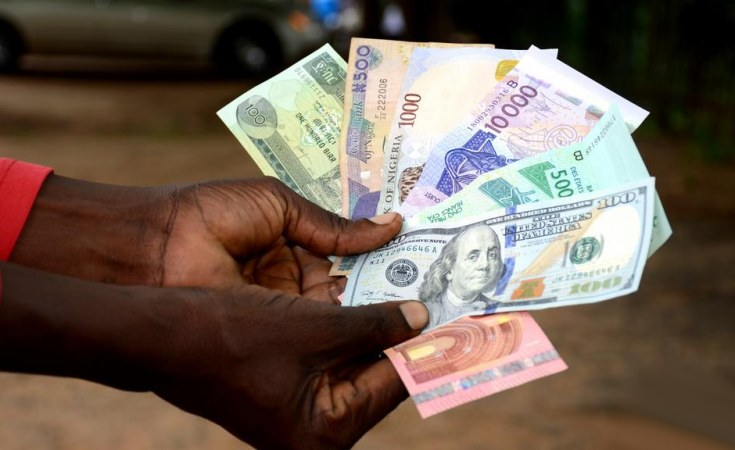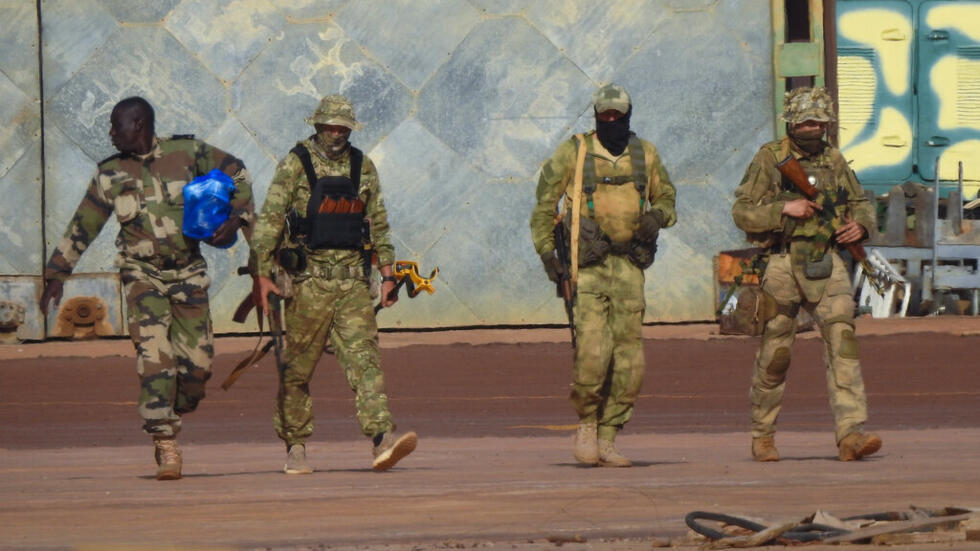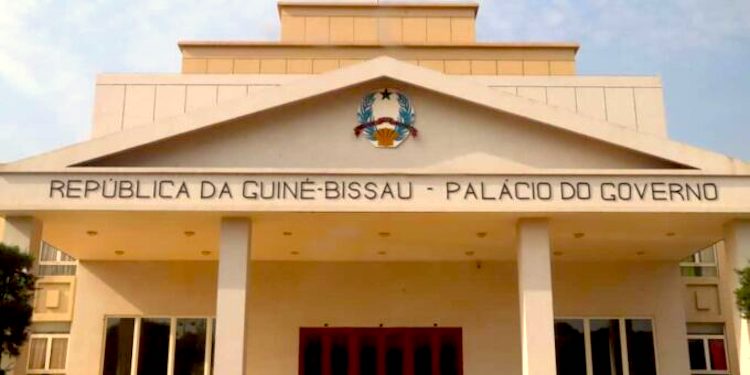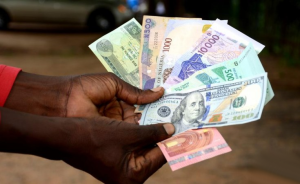It was a busy Wednesday night in Bissau. Early in the night, Guinea-Bissau President Umaro Sissoco Embaló fired Geraldo João Martins, from the position of Prime Minister. Martins was sworn in eight days ago, having been reappointed on December 4th, as caretaker PM.
Notwithstanding the Prime Minister’s assurances of unwavering allegiance and commitment, Sissoco Embaló announced the dismissal of his short-lived leader, citing his constitutional powers.
However, Geraldo João Martins claimed he had little control over the government’s daily activities, which caused the relationship between Embalo and Martins to become strained, according to the Guinea News Agency.
“This was the moment when the President and his Prime Minister came to the realization that Umaro Sissoco Embaló desired to appoint figures in the government who would answer only to him and no one else,” according to the Guinean media. As a result, tensions between the President, Prime Minister, and Umaro Sissoco Embaló started to escalate.
A new Prime Minister appointed within a couple of hours
Rui Duarte de Barros was named prime minister by President Umaro Sissoco Embaló a few hours after Geraldo Martins was fired. One of the leaders of the African Party for the Independence of Guinea and Cape Verde (PAIGC) in the Tombali region of South Guinea-Bissau is Duarte de Barros, who represents the Catió and Komo constituencies. He previously held the office of prime minister from 2012 to 2014, following the April 12, 2012 coup d’état, and from the 2014 transitional administration following the PAIGC-won parliamentary elections. Duarte de Barros was an executive of the National Popular Assembly (ANP) prior to his Wednesday night appointment.
in the couple of hours that followed his appointment, Rui Duarte de Barros presented a cabinet of 24 ministers and 9 secretaries of state.
The opposition and PAIGC furious with President Embalò.
Without delay, the opposition group Terra Ranka demanded that the new government be effectively replaced and that the National Popular Assembly and all other Republic institutions resume their regular operations. They maintained that Duarte de Barros’ appointment lacked legal standing and was unconstitutional.
Domingos Simes Pereira, the leader of the PAIGC and the leader of Terra Ranka, the opposition alliance that won the most recent legislative elections in June, declared that he “rejects the appointment of any head of government and its members who are not appointed by their free choice, taking into account the provisions of the Constitution of the Republic.”
In a statement signed by Agnelo Augusto Regalla, the opposition Alliance Terra Ranka demanded that ECOWAS and the international community take decisive action to force President Embalo to return to constitutional normalcy and restore democracy in Guinea-Bissau.










